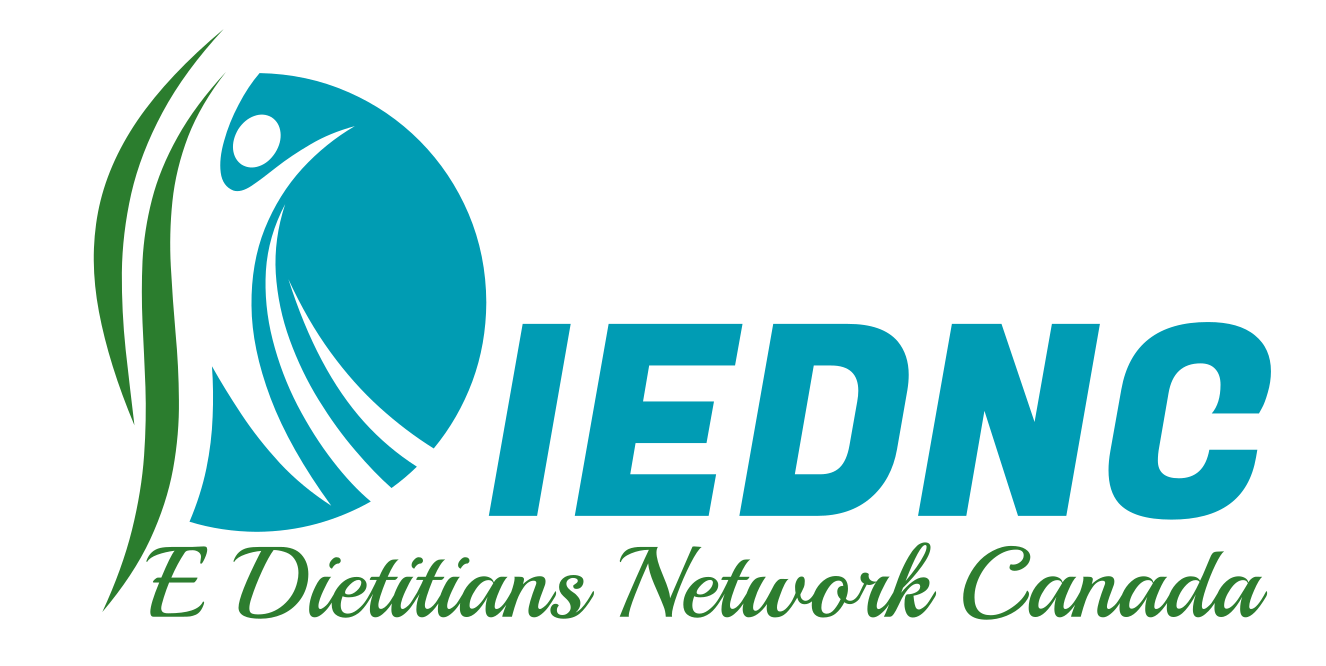Blog
Canadian Professional Practice Resource: Consent
- June 3, 2021
- Posted by: iedncuser
- Category: Educated Dietitian

The principle of consent is a crucial aspect in the realm of medical ethics and healthcare overall. This principle is based on respect for patient autonomy – which is the patient’s right to make informed decisions about their health care, personal information, and treatment. Providing client centred care is a standard or practice that all health professionals, and dietitians in particular should strive for.
One of the main aspects of dietetic practice is obtaining informed consent for nutrition treatment (including side effects or risks), as well as any changes made to the treatment plan. To further elaborate, the Health Care Consent Act defines informed consent as “the person receiving the information that a reasonable person in the same circumstances would
require in order to make a decision about the treatment” (1996). Obtaining consent is not only applicable for treatment, but also for the collection, usage, and disclosure of the client’s personal health care information.
For consent to be considered valid, the fulfillment of the following elements is required:
1.Consent to treatment must be given voluntarily:
● RD’s should always make sure that consent is acquired in an environment free of coercion or fear. RD’s can express their opinion in regard to the course of action that should be taken, but it should always be accurate and unbiased. Doing otherwise will cause the client to be influenced or misunderstand the information, perhaps leading to a poor decision.
2.The client must have the capacity to give consent to treatment:
●The individual providing consent should have the legal and mental capacity to do so, meaning that they have the ability to understand the information given to them and to use it in making their decision to give consent to treatment. In fact, most places in Canada acknowledge that minors (under age 18) can consent to treatment themselves if the professional deems them seemingly mature enough to do so. In such situations, parental consent is not necessary, as they cannot override the consent of their child.
3.The consent must refer to the treatment and the person administering it:
●The client should be provided with a clear description of the treatment that will be provided, as well as details on who will be providing the treatment for them. For example, if students are to be present for learning during the treatment, consent for that should also be acquired from the client!
Clients who have the capacity to consent for treatment also have the legally protected right to refuse or withdraw consent to treatment. Should this occur, it is then the RD’s obligation to inform the client of the implications of withdrawing consent to treatment. The treatment intervention should then be discontinued as soon as possible and ensure the client is aware of any additional steps they need to take to stop treatment safely. This kind of situation should always be documented thoroughly.
Consent is a practice that lies in the heart of client-centred care. As health care professionals, the goal should always be to provide the client with the best and most effective care possible, but only if it is in accordance with the patient’s wishes. Whether it is informed, implied, or expressed, consent must always be acquired as it builds a therapeutic relationship of trust and reliability. To read more about the various types of consent, as well as how it should be utilized in daily practice as a Registered Dietitian, explore the following link
Consent, among many other dietetic jurisprudence practices are fairly easy to understand, but sometimes tricky to put into practice. It is crucial as a Registered Dietitian to maintain competence and meet the standards of professional practice, but more often than not, individuals who are new to the field of dietetics or are internationally educated in it may not have enough familiarity to uphold such practice! IE Dietitians Network of Canada is here to support you, empower you, and guide you in enhancing your practice as a Registered Dietitian – not just in Canada, but worldwide. Our vast pool of resources will guide you through this learning process while you also get to reap the perks of our exclusive membership benefits. Reach out to us at info@iednc.ca for more information or visit us at www.iednc.ca and become a member today!
Written by: Prabhnoor Grover, Chief Editor
Reviewed by: Manmeet Behl, RD, NM, CDE
Updated: May 27, 2021
